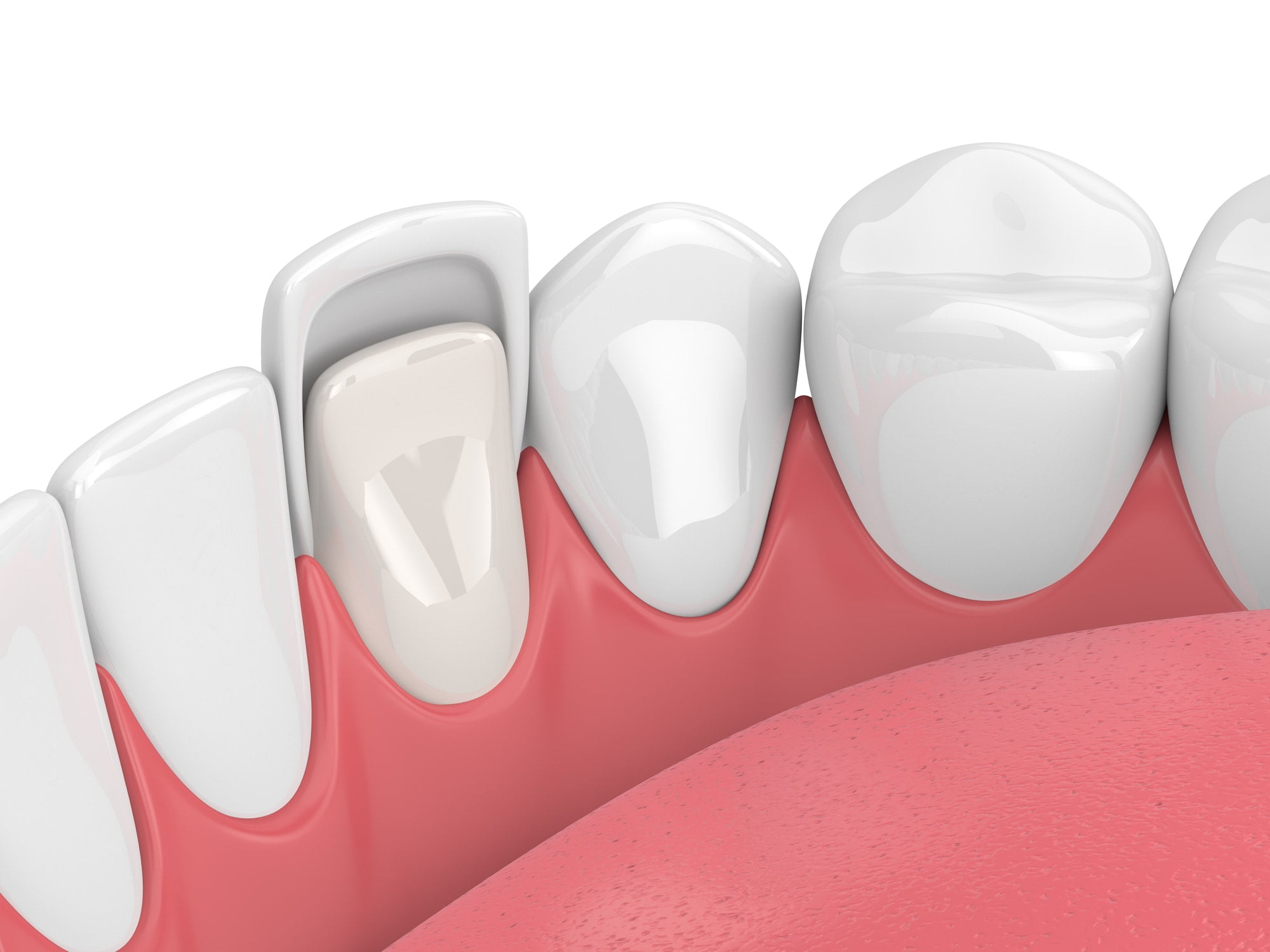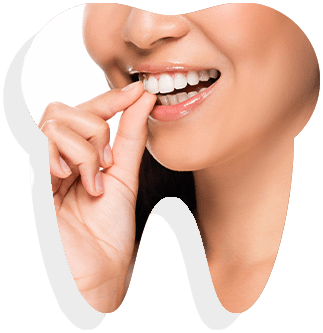About Dental Veneers
When Would I Need Dental Veneers?
As a procedure to enhance the appearance of your teeth, dental veneers are best suited for teeth that require minimal reconstruction of tooth structure. They are mostly used for aesthetic restorations of the following dental conditions:
- Chipped or broken teeth
- Discoloured or stained teeth that cannot be whitened
- Gaps between teeth
- Crooked or misshapen teeth
Benefits of Dental Veneers
While the benefits that dental veneers offer may differ depending on the type of material used, here are some advantages of veneers in general:
- Provide natural tooth appearance
- Less invasive compared to other forms of dental restoration as less extensive shaping is required
- Simple patient maintenance required

Procedure of Getting Dental Veneers
First Appointment
Similar to many other dental treatments, getting dental veneers begin with a preliminary consultant where X-Ray will be taken to investigate for signs of dental problems. The dentist will then trim about half a millimeter of the surface of your tooth enamel to prepare for the veneer. An impression or mould of your tooth may be taken to prepare for the veneer.
For porcelain veneer, the mould will be sent to the lab, and a temporary veneer may be used to protect your natural tooth before the next appointment. For composite veneer, the permanent veneer can be fixed onto your tooth on the same appointment.
Second Appointment
The temporary fittings will be replaced with the permanent veneer. The dentist will also check the fit and colour before the installation and trim if adjustments are needed, until the restoration fit is satisfactory before the veneer will be cemented to the surface of the tooth. A follow-up procedure may be scheduled.
While dental veneers are a simple procedure to restore the aesthetics of your teeth, they may not be suitable for all, especially if there is greater volume of the teeth to be replaced. In this case, crowns & bridges can be a better option to restore the entire tooth. A comprehensive examination with a dentist is necessary to determine your suitability.
FAQs
Yes, it is possible. However, we often do not recommend this.
Because they are two different materials, choosing the same shade of colour does not provide the exact match. Also, composite veneers are prone to staining as opposed to porcelain. Overtime, the difference would be even more visible.
Dental veneers go through wear and tear and will eventually need to be replaced. However, many patients are able to maintain their veneers well, depending on oral health condition and personal habits.
Because enamel has been removed, the tooth of some individuals may become more sensitive to hot/cold food and beverages. Should you experience severe sensitivity, it could be caused by two reasons:
- Chipped veneer shell
- Decay of tooth under the veneer shell
Should you experience intense sensitivity, kindly make a dental appointment.
Veneers can remain in good condition for a very long time with good oral habits. To prevent chips and dislodging (falling out) of veneers, refrain from the below habits:
- nail biting
- chewing on hard objects and food eg. ice, pencil, etc
- grinding of teeth
- clenching of teeth

